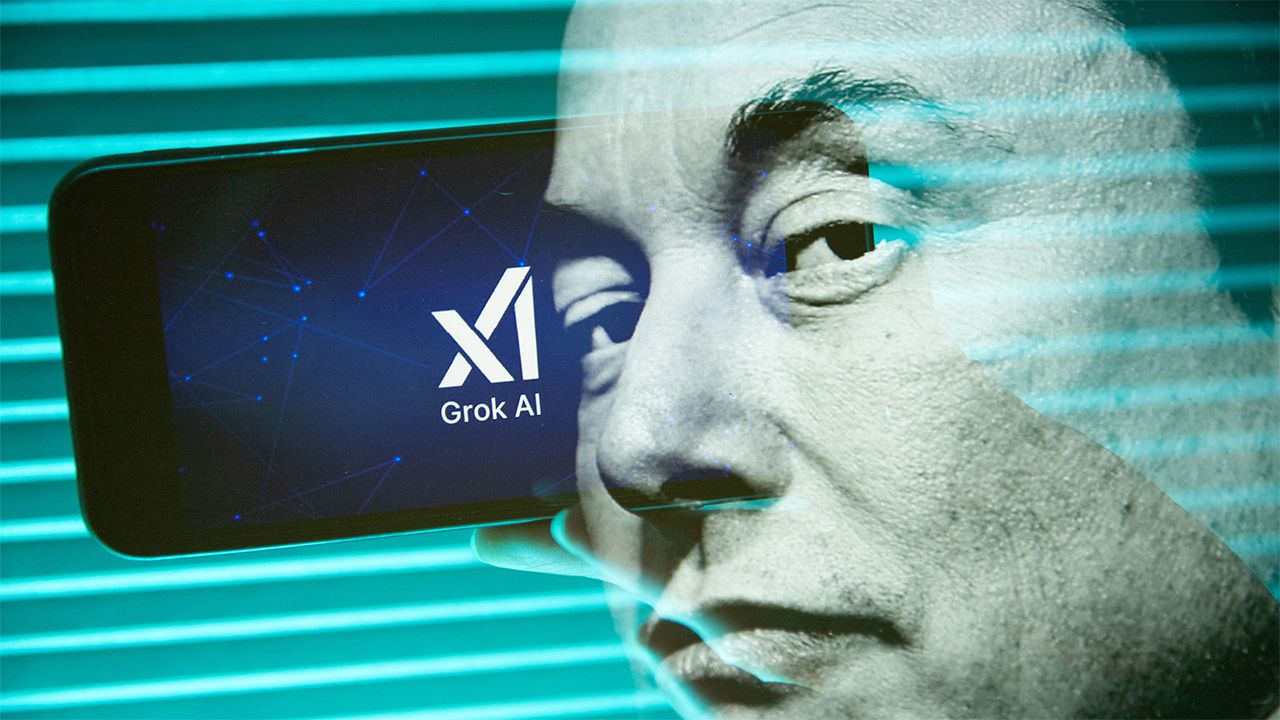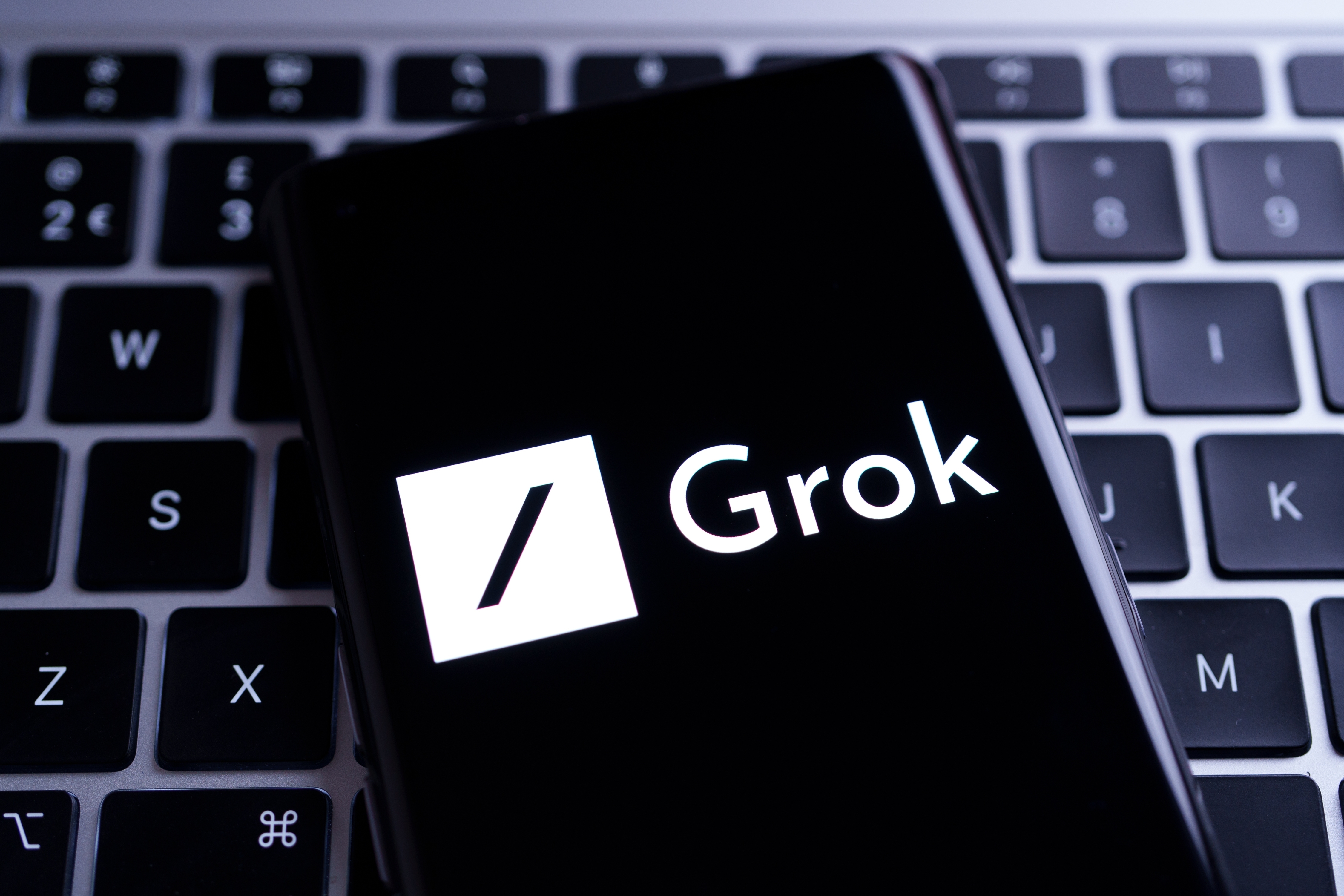
If you’ve ever chatted with Grok, the Elon Musk-backed AI assistant from xAI, and hit the “Share” button, your conversation might be searchable on Google.
According to a recent Forbes report, more than 300,000 Grok conversations have been indexed by search engines, exposing user chats that were likely intended to be shared privately, not broadcast online. This comes just weeks after ChatGPT users discovered their shared chats were searchable on Google too.
This discovery once again raises serious concerns about how AI platforms handle content sharing and user privacy.
The big picture

Built by Elon Musk’s xAI, Grok includes a feature that lets users share conversations through a unique link. Once users share, those chats are no longer private, and are getting picked up by Google’s web crawlers. From there, the chat are turning up in search results, meaning anyone can access and read them.
In both the ChatGPT cases and this one, the issue comes down to how "shareable" URLs are structured and whether AI companies are doing enough to protect users who may not realize their content is publicly viewable.
Why this keeps happening

The implications go beyond a few embarrassing screenshots. Some Grok chats could contain personal, sensitive or even private details. Many users likely had no idea their shared conversations were being published for the world to see until now.
This privacy breach highlights a growing challenge in AI product design: how to balance transparency and social sharing with greater privacy protections. When users hit “Share,” they should be clearly informed that their link will be publicly accessible, and AI companies need to use best practices like noindex tags or restricted access URLs to avoid surprises like this.
What xAI and others should do
To prevent these kinds of privacy slip-ups, AI platforms should:
- Add clear warnings before creating publicly accessible links
- Use noindex tags to block search engine crawlers
- Educate users on the privacy risks of sharing chats
- Consider obfuscated or expiring URLs for shared content
This isn’t the first controversy Grok has faced. the chatbot has come under fire in recent months for questionable responses and controversial content. But this latest issue hits at a core trust concern: how user data is managed and whether privacy is truly being prioritized.
As more people turn to AI tools for personal, educational, wellness and emotional support, platforms like xAI will need to step up their safeguards or risk eroding the very trust they’re trying to build.
Bottom line
Although the damage is already done and deleting the chats won't make them completely disappear from searches, users can still take action. Start by safeguarding your chats by not sharing them until Grok has more secure privacy settings. Screenshots are another option if you must share your chats with others.
As more people turn to AI tools for personal, educational, wellness and emotional support, platforms like xAI will need to step up their safeguards or risk eroding the very trust they’re trying to build.
Follow Tom's Guide on Google News to get our up-to-date news, how-tos, and reviews in your feeds. Make sure to click the Follow button.







